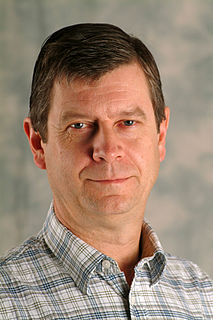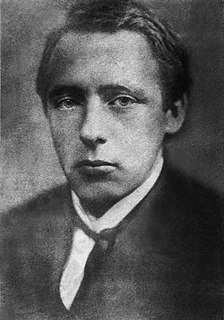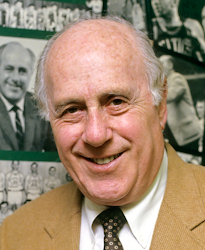A Quote by George Steiner
When a language dies, a way of understanding the world dies with it, a way of looking at the world.
Quote Topics
Related Quotes
Every time another tribe becomes extinct and their language dies, another way of life and another way of understanding the world disappears forever. Even if it has been painstakingly studied and recorded, a language without a people to speak - it means little. A language can only live if its people live, and if today's uncontacted tribes are to have a future, we must respect their right to choose their own way of life.
Looking, Walking, Being, I look and look. Looking's a way of being: one becomes, sometimes, a pair of eyes walking. Walking wherever looking takes one. The eyes dig and burrow into the world. They touch, fanfare, howl, madrigal, clamor. World and the past of it, not only visible present, solid and shadow that looks at one looking. And language? Rhythms of echo and interruption? That's a way of breathing. breathing to sustain looking, walking and looking, through the world, in it.
The world is mental in some way that we do not yet understand, but that which we're edging toward understanding. And the world is made of language. I can't say that enough. Whenever we get into these discussions about reality, or effects in space and time, we are operating outside this assumption that the world is made of language.
I think that the scienti?c way of looking at the world, and the humanistic way of looking at the world are complementary. There are important differences which should be preserved, and in trying to do away with those differences we would lose something the same way as if we tried to make all religions one religion or all races one race. There is a cultural diversity that's very valuable, and it's valuable to have different ways of looking at the world.
Love never dies a natural death. It dies because we don't know how to replenish its source. It dies of blindness and errors and betrayals. It dies of illness and wounds; it dies of weariness, of witherings, of tarnishings. Anaïs Nin I like not only to be loved, but also to be told I am loved. George Eliot Love is the voice under all silences, the hope which has no opposite in fear; the strength so strong mere force is feebleness: the truth more first than sun, more last than star.






































